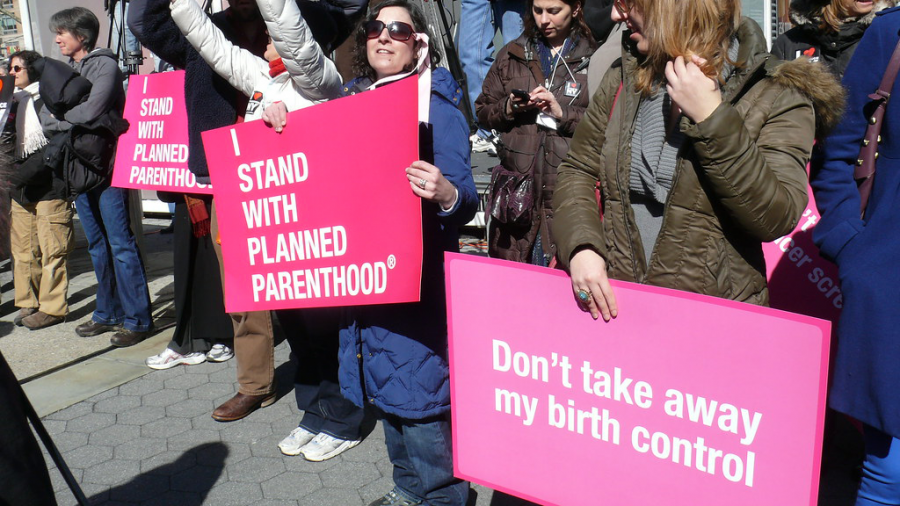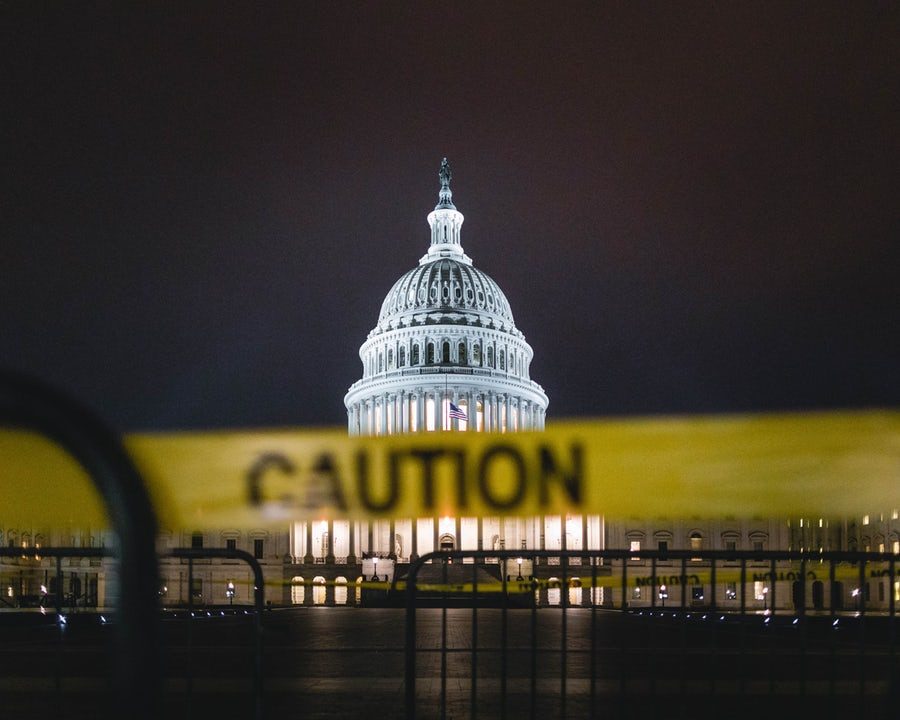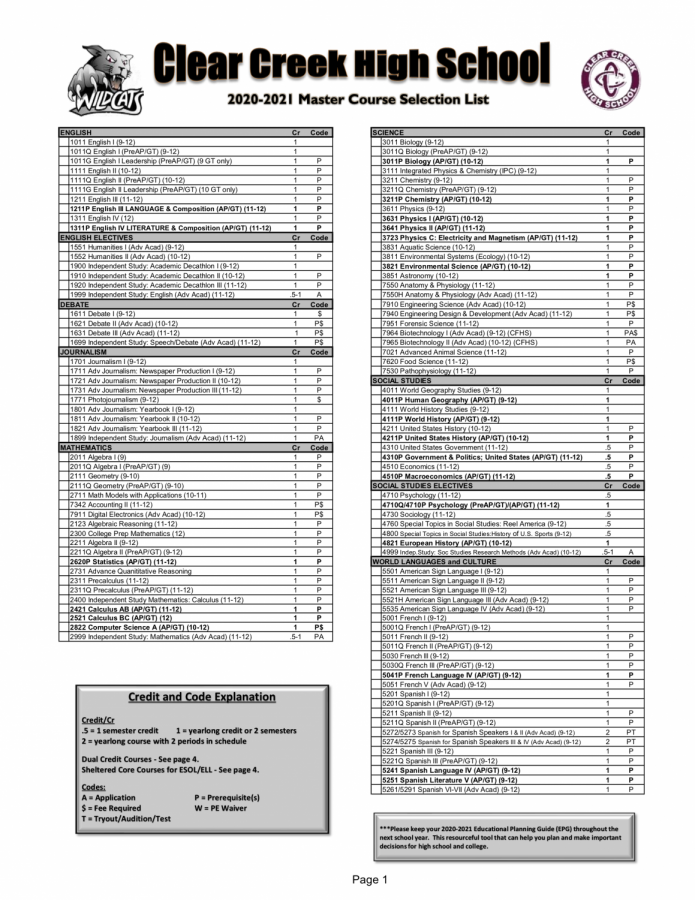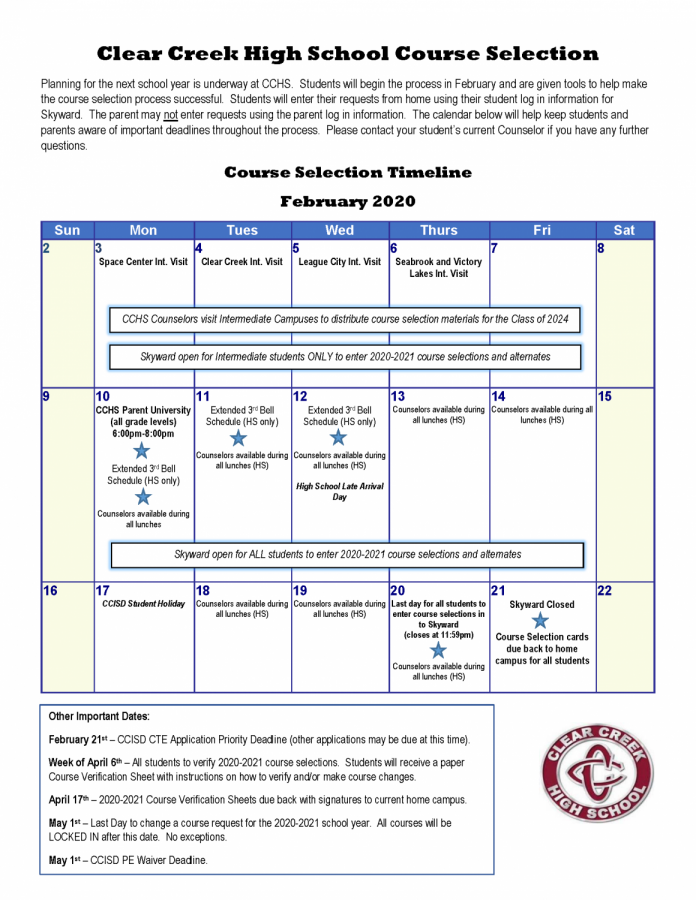Outbreak of measles raises questions about vaccines
April 8, 2015
The recent and alarming outbreak of measles, which began in Disneyland, California, and spread to 16 states across America, has caused a countrywide debate over whether measles vaccinations should be mandatory for all unaffected people over one year of age. The main opposition to the measles, mumps, rubella (MMR) vaccine arises from parents who believe it is unsafe for their children—an idea stemming from a study in The Lancet medical journal that suggested vaccines cause autism.
Because of the hostility of millions toward apparently dangerous vaccination techniques, several states, including Texas, allow parents to opt out of the once-mandatory MMR vaccine for “religious and personal” reasons.
It seems that vaccination choice has become a bipartisan issue as well, with the majority of Republicans and Democrats agreeing that the MMR vaccine is necessary to the health of all citizens. After all, because babies younger than one year old cannot be vaccinated, the only way to prevent their illness is for others around them to be vaccinated. However, a few policymakers in both parties believe families should be given a choice on whether or not to vaccinate their children.
Republican Senator Rand Paul infamously stated that he heard stories of “many tragic cases of walking, talking normal children who wound up with profound mental disorders after vaccines,” suggesting that not only should parents be given a choice, but that the MMR vaccine causes complications that are not worth the risk of vaccination.
Paul was likely referring to the vaccination study in The Lancet, as well as the repercussions it initiated from parents around the world.
In the 1998 study, children in eight different areas in the UK who were born healthy but had developed autism and other behavior disorders were identified and the initial onset of their disorder was graphed. The parents of these children blamed the degeneration of their child’s mental capacity on the MMR vaccine, which all children in the study had received prior to developing mental disorders. So, the study also graphed a trend in the increasing amounts of MMR vaccinations in the UK, and found that the increasing trend in autism apparently correlated with the increasing amount of MMR vaccinations.
However, this study was retracted from The Lancet in 2010 after the lead doctor in the study was found to have “acted dishonest and irresponsible,” biasedly choosing test subjects. Other than its unethical research practices, the study was also proven false by several replicated studies, including by the CDC and Columbia University, which found that autism and the MMR vaccine had no correlation.
“That study did a lot of harm,” Alison Singer, President of the Autism Science Foundation, said. “People became afraid of vaccinations. This [study caused] this unscientifically grounded fear of vaccinations that result[ed] in children dying from vaccine-preventable diseases.”
Other than the infamous Lancet study, there have been other reports claiming vaccines contain chemicals harmful to children and can contribute to the onset of autism. The most notorious of these is Thimerosal, a mercury-containing substance used as a vaccine preservative, which many have associated with post-vaccination illnesses. Although no link has been found between Thimerosal and autism, the use of the preservative has nevertheless been discontinued in nearly all states. Even so, the rise in autism cases has continued to grow steadily, verifying there is no correlation between the two.
Now, in what could become one of the worst measles outbreaks in America this decade, parents still garner the irrational belief that vaccinating their children from a deadly disease is not worth the ‘risk’ of autism. Last year in total, there were 644 cases of measles. However, in January and February of 2015, there have already been over 150 people affected with measles, and this number will likely surpass last year’s if parents continue to opt out of vaccinations.
















